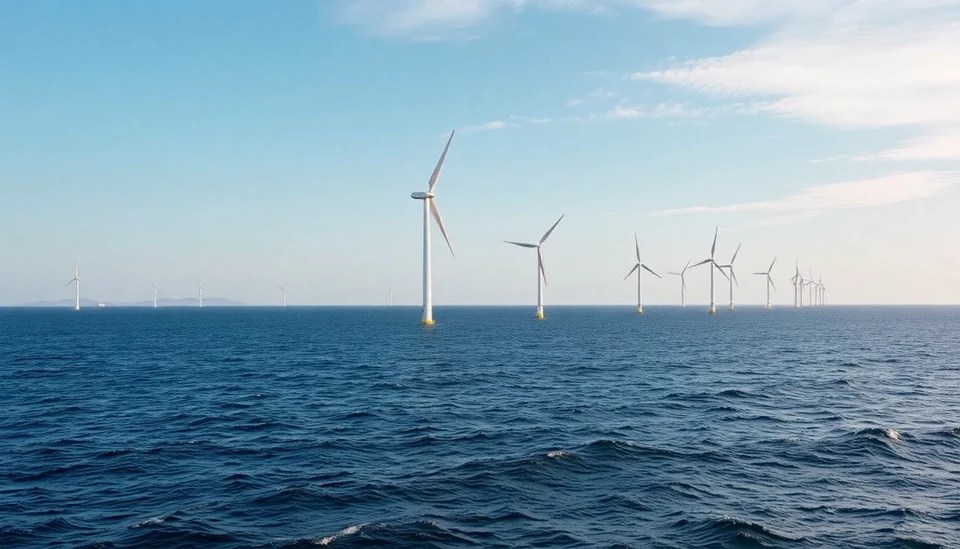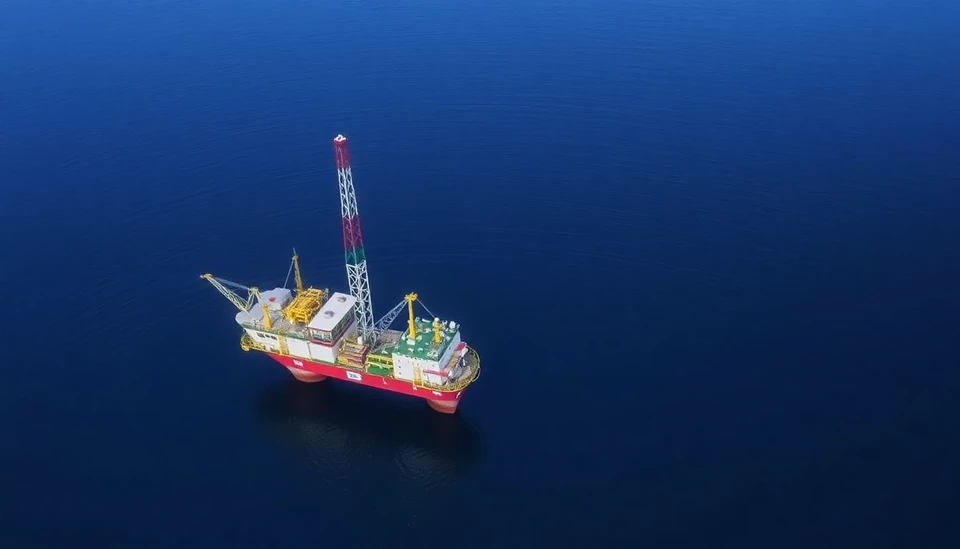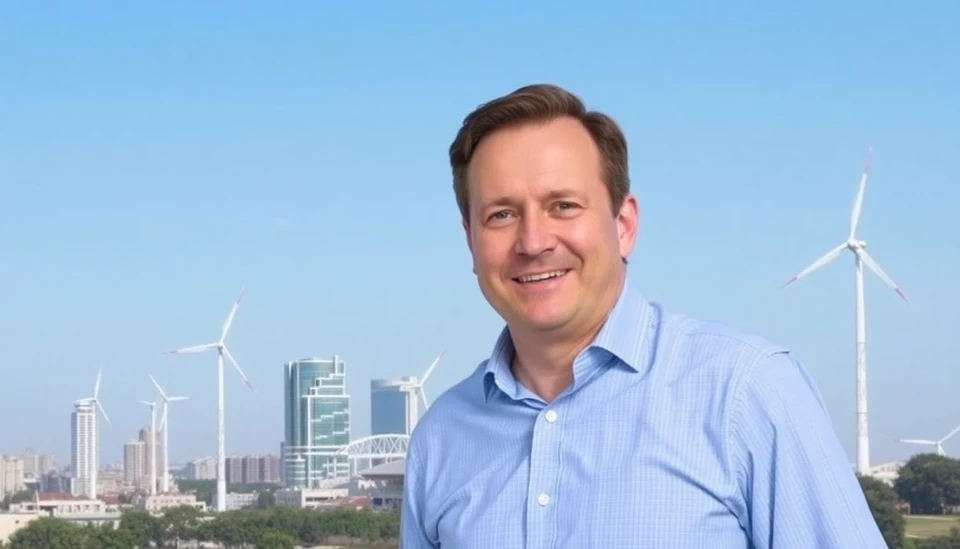
In a recent statement, RWE AG's CEO, Mark Flanagan, has expressed significant reservations regarding the reliance on Chinese manufacturers for offshore wind turbines. As the world shifts towards renewable energy sources, the implications of using equipment from a singular country have sparked concern among industry leaders.
During a conference, Flanagan emphasized the potential vulnerabilities associated with sourcing crucial components from Chinese companies. His remarks come amidst rising geopolitical tensions and supply chain concerns that could undermine the stability and security of renewable energy projects across Europe and other regions. The CEO pointed out that the intricate nature of offshore wind technology means that any disruptions in supply, whether due to political disputes or manufacturing issues, could lead to substantial delays and increased costs for energy production.
Flanagan's concerns are shared by several industry stakeholders who fear that over-dependence on Chinese technology could effectively compromise energy security in Europe. This worry is particularly pronounced given that several energy markets are already grappling with the repercussions of global supply chain disruptions. Companies like RWE are exploring alternatives, considering diversification strategies to mitigate the risks posed by a concentrated supply chain.
The urgency of the issue is amplified by RWE's strategic ambition to expand its portfolio of offshore wind energy projects. As Europe intensifies its green energy initiatives, such projects are viewed as pivotal in achieving the continent's long-term climate goals. However, the reliance on products sourced from geopolitical rivals presents a clear challenge to achieving these targets smoothly.
Adding another layer to this discussion is the competitive market dynamics among renewable energy manufacturers. As many European firms look to localize production in response to these challenges, the race for domestic capabilities is heating up. Flanagan noted that there are pressing opportunities for European manufacturers to step up, which not only supports local economies but also adds a layer of security to national energy infrastructures.
The discussion around the reliability of Chinese offshore wind turbines is particularly timely, considering China’s dominance in the renewable energy technology sector. With extensive governmental support, Chinese manufacturers have established themselves as leaders in the production of wind turbines. However, this reality simultaneously raises alarms about the over-consumption of products from a single national market that may not prioritize the same standards of transparency and reliability as those in the West.
As the energy landscape continues to evolve, the upcoming months could prove critical for European energy companies. Strategies to enhance local manufacturing capabilities may take precedence, as they attempt to balance innovation, security, and sustainability. RWE and other firms are thus at a crossroads, tasked with navigating complex geopolitical realities while striving to advance their renewable energy goals.
In conclusion, as the global energy sector gears up for a transitional phase towards more sustainable practices, the concerns raised by RWE’s CEO underscore the need for vigilance. Establishing a resilient, diversified supply chain could be key to securing energy futures in a world that increasingly values independence and stability.
#RWE #OffshoreWind #RenewableEnergy #WindTurbines #China #Geopolitics #Sustainability #EnergySecurity
Author: Samuel Brooks




